|
Burundi is an ideal country for the production of high-quality Arabica coffee, which could generate a solid and recurring income for thousands of farming families. An average altitude of between 1,500 and 2,000 metres, abundant rainfall and a tropical savannah biome combine to create exceptional growing conditions, with coffee accounting for 80 per cent of the country's exports. Despite this, the Burundian coffee sector faces many challenges. Poor soil health and inadequate maintenance of coffee trees result in low and irregular yields. Production is also threatened by climate change, which increases the frequency of both droughts and heavy rains, resulting in increased soil erosion. Meanwhile, poor processing practices reduce the quality and price of much of Burundi's coffee, and the country's cumbersome business and political environment makes it less attractive to global exporters.
0 Comments
For the specialty coffee industry, certifications are like the second wave of coffee, they are out of fashion! They no longer serve their purpose, and this is because the needs of consumers have changed and have become more diverse and complex. What specialty coffee lover wants to drink a bitter coffee at Starbucks, when they can just as easily have a fruity Kenya lightly roasted at an independent coffee shop? This phenomenon also occurs at the farm level. For example, the coffee farmer no longer wants the 0.2 USD/LB that Fair Trade offers him, but instead wants a direct and ethical trade with the importer of microlots who will pay him 4 USD/LB or more. Paying for the inspection of organic coffees has also lost its meaning, with climate change there are cultivation areas where it does not rain for months/years, and the coffee grower must use chemical fertilizers, otherwise they lose the harvest.
Coffee prices have skyrocketed for various reasons. Among them, the low production due to climate change, the logistical problems of the pandemic, generalized inflation and the war in Ukraine. The latter has considerably reduced access to inputs such as inorganic fertilizers, which has not only increased the costs of coffee production, but has also significantly reduced the profit margin of coffee farmers. Russia is the world's biggest fertilizer exporter, but its war with Ukraine has disrupted shipments and pushed up prices for natural gas, a key ingredient in fertilizer manufacturing. Ammonium nitrate and urea, the two main sources of nitrogen fertilizer, are the most widely used fertilizers in the world. Fertilizer prices had already more than doubled in the last 18 months, affecting coffee growers around the world.
Why would you prefer one over the other, if they are only separated by an imaginary border? A coffee grown in northern Burundi has exactly the same microclimate, varietal, process and terroir as one from southern Rwanda. There is no difference other than the name of the origin until this point of the production process, although there are many differences in various aspects. Both economies are overwhelmingly agricultural, and widely diversified farming is practiced throughout their territories. Arabica coffee is the main commercial crop and constitutes the main export of both countries. Being much more important in terms of total foreign exchange earnings for Burundi than for Rwanda, because the latter economy is more developed and diversified.
We often think that Burundi is not talked about enough in the specialty coffee industry, and at Kilimanjaro Specialty Coffees we want to change that idea and give this wonderful country and origin, which produces some of the best coffees in the world, the place that it deserves, on the African podium alongside Kenya and Ethiopia. One of the smallest countries in Africa, Burundi is landlocked and has an equatorial climate. Burundi is part of the Albertine Rift, the western extension of the East African Rift. This is important because the soils of the Rift Valley are volcanic and very fertile. Its cultivation areas are characterized by producing a cup with intense phosphoric acidity, full body with some fruity notes and complex flavour.
Sustainability is an ancient concept, but one that has been "modernized" in recent decades due to the great crisis of climate change that we are experiencing. In this century in particular, sustainability has ceased to involve a purely environmental aspect, and has been defined as the ability to coexist between the biosphere and human civilization, encompassing three large interdependent dimensions: the first social, second economic and third environmental.
A supply shock is an unexpected event that suddenly changes the supply of a product or raw material, resulting in an unforeseen change in price. Supply shocks can be negative, resulting in a decrease in supply; or positive, which produces an increase in supply; however, they are often negative. Assuming that aggregate demand does not change, a negative supply shock causes the price of a product to rise, while a positive supply shock reduces it.
Information is power, as they say. Long long long time ago, the purchase decision in any transaction was based on the comparison of the final price of a product (commodity) offered by several suppliers (competitors). These competitors were very reluctant to share their price lists, and clients spent long hours collecting those lists in order to have all the necessary information to make the right choice. But the world has changed, today with a single click we can compare prices of an unlimited number of products and suppliers, so price lists have become old and public, rather than a secret element of strategic negotiation. Today what is most important is the value of the product, not its price. We work hard to add value in coffee. If your product does not make any difference from the rest of the coffees in the market, it becomes a commodity. The price of a commodity is established as the point of equilibrium of supply and demand of future contracts. Price fluctuation (that is, the movement of the supply and demand curves) is affected by such a large number of variables that they are uncontrollable. For example, if there is a frost in Brazil, Sumatran coffees rise in price; And if there is an excess of production in Brazil, Sumatran coffees will lower their price; In both cases, without the Sumatran coffee farmer having moved a single finger.
Just a few days ago, I walked into a coffee shop and bought a 250gr bag of Kenyan coffee for €20 approx. While I'm happy to pay that kind of money for a very good Kenya in a bag full of tasty promises, when I got home I found only disappointment. It is an open secret within the specialty industry, that Kenyan coffees have been in a low the last couple of years, and probably it is one of the most controversial topics right now. As you may know, Kenya is one of the most prized origins within the specialty coffee world, it is sought by importers and roasters from all over the world as an origin of outstanding quality, intense sweetness, citrus/winey acidities and velvety bodies. We would normally cup 500+ samples from Kenya each season, between origin and lab cuppings. Maybe the right number is something closer to 1,000 samples, between February and March each year since 2016. This year the quantity was lower for obvious reasons. And while it's common knowledge among coffee connoisseurs from around the world, that there has been a disruption in the quality of this great origin, we can discuss on the causes or how much it has been affected, but I don’t think anybody that understand well the Kenyan coffee industry, can deny there is a problem.
1.- The birth of a new reality.
With this article, we begin a new series of educational content, this time focusing on one of the biggest and probably most controversial topic in the coffee industry: PRICE. All of us who work here know that our industry is in an unprecedented crisis in various fields; Ethical, Environmental, Genetics and Socioeconomic. We know that the prices we pay to coffee growers (with only few exceptions) is well below their production costs. And when we pay excellent prices for quality, for example in Kenya; we know that most of this revenue does not reach farmers, because there are so many hands, so much corruption and so much bureaucracy in the industry, that most of the benefit is lost in the darkness of a network of connections that we do not fully understand. |
Archives
April 2024
Categories
All
|
- What We Do
- Que Hacemos
-
Origins
-
Orígenes
- Education
- Educación
- Contact
- Contacto
- Home Roaster Store
- Tienda del Home Roaster

|
Copyright © 2015-2024 | Kilimanjaro Specialty Coffees España S.L.U. All Rights Reserved.
|

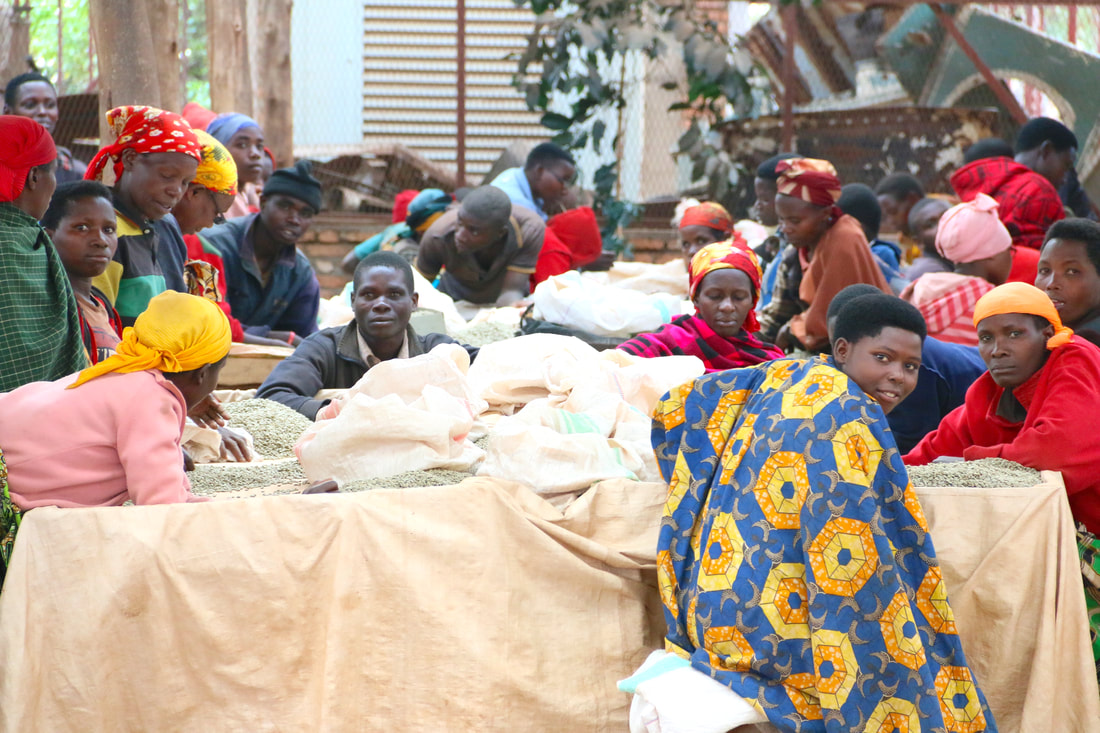
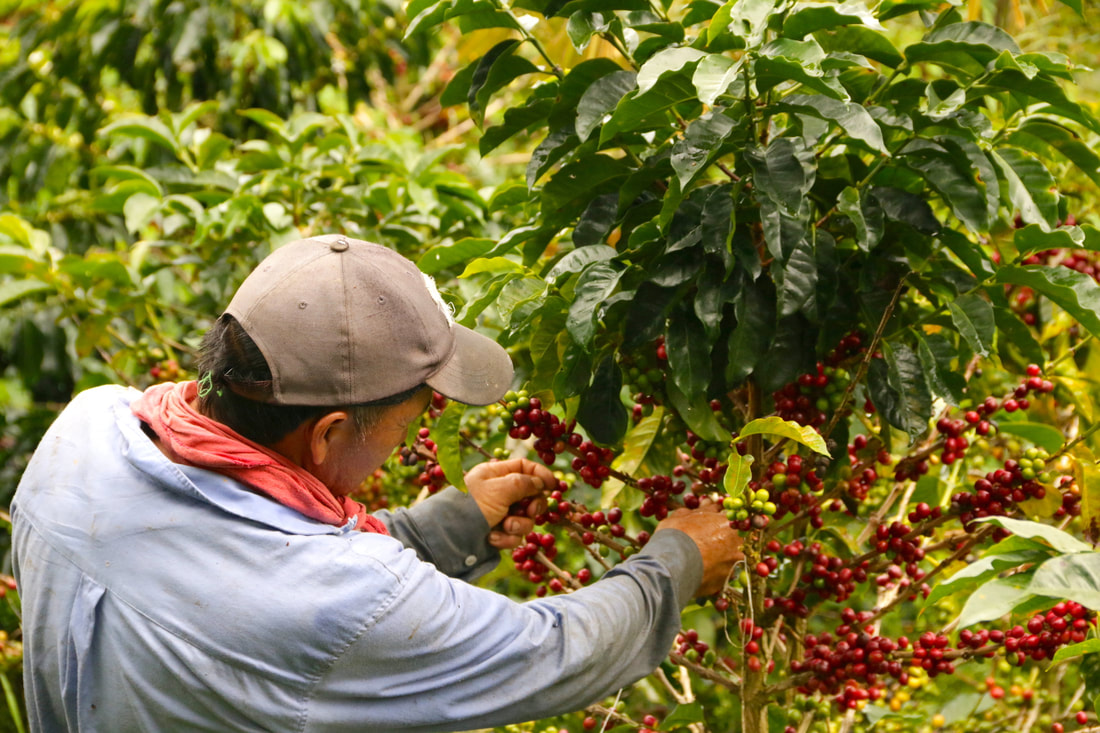
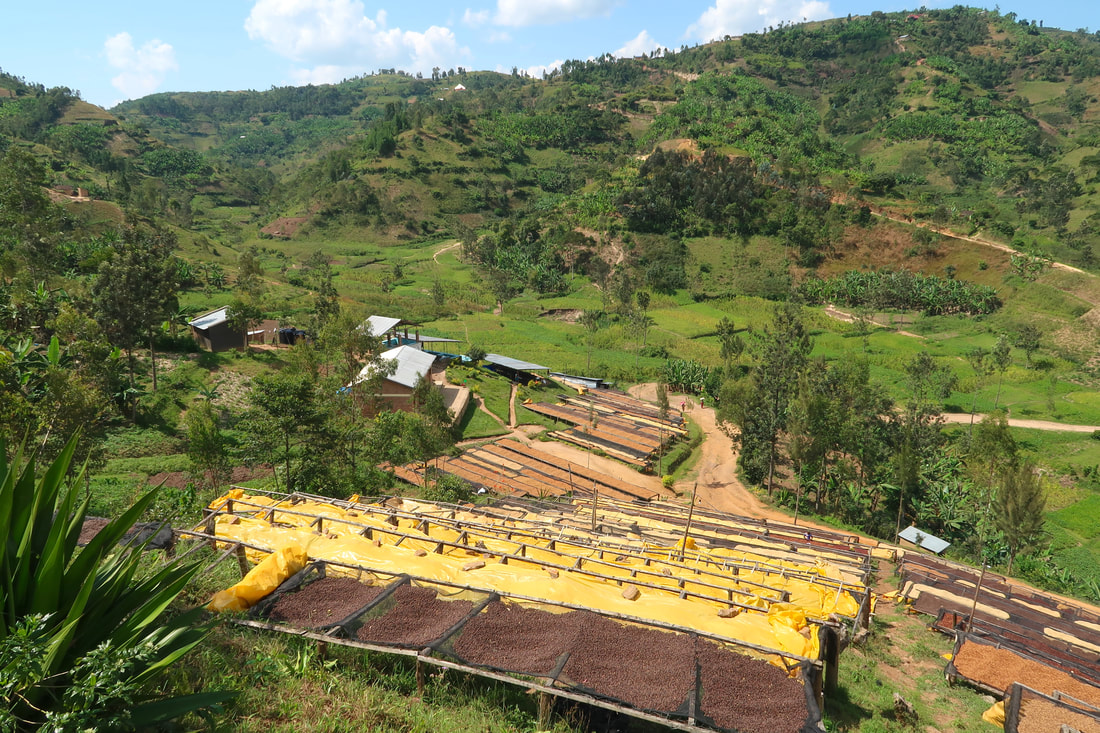
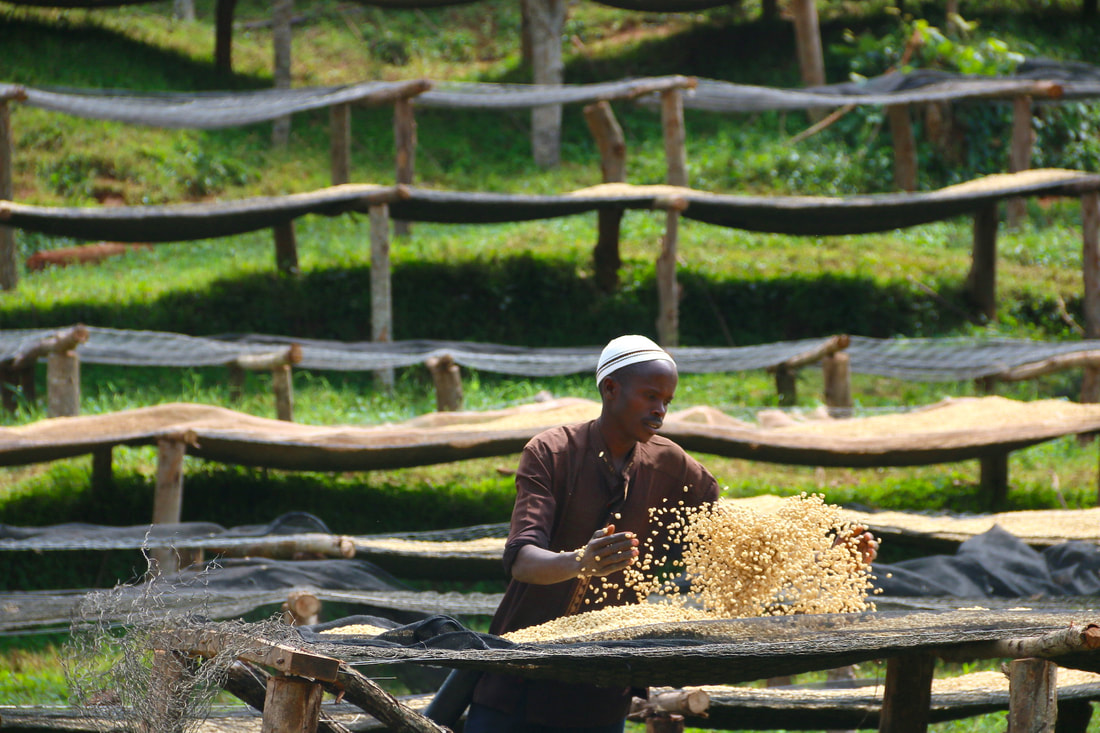
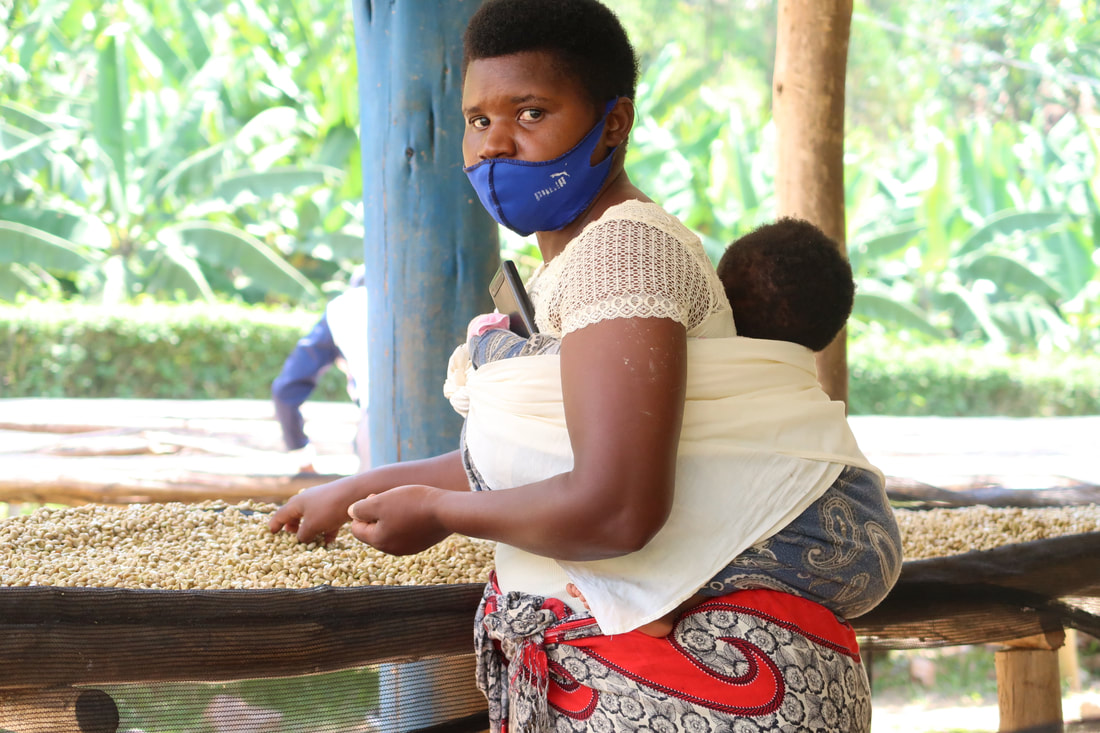
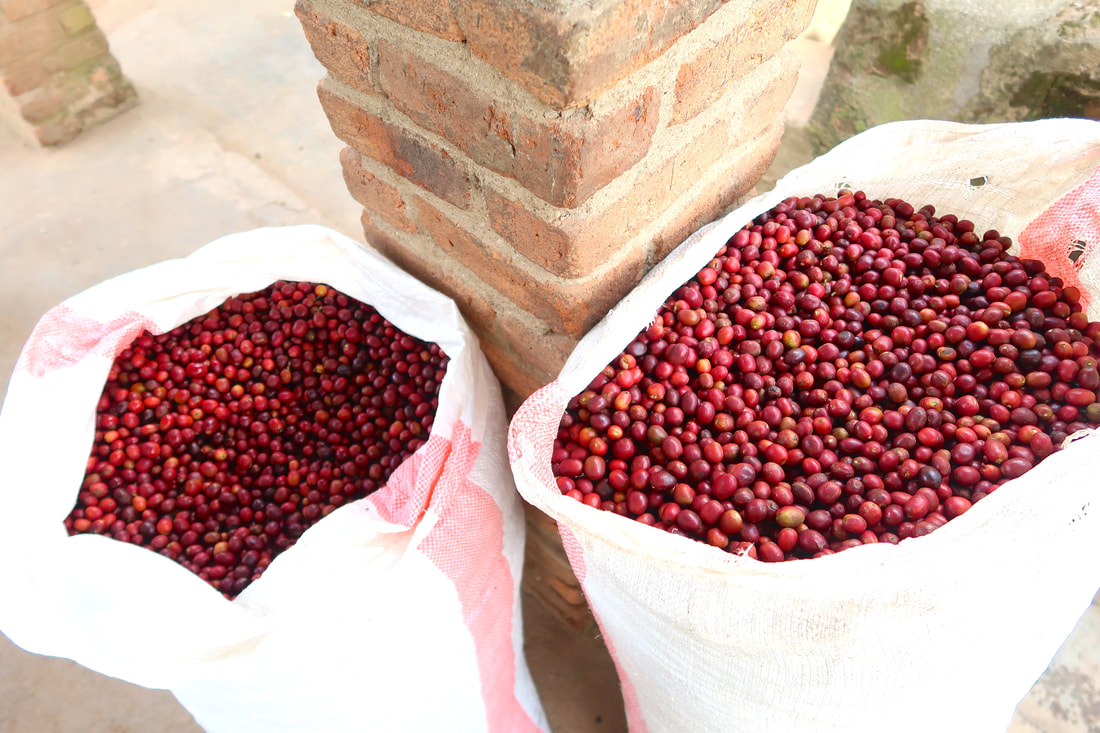
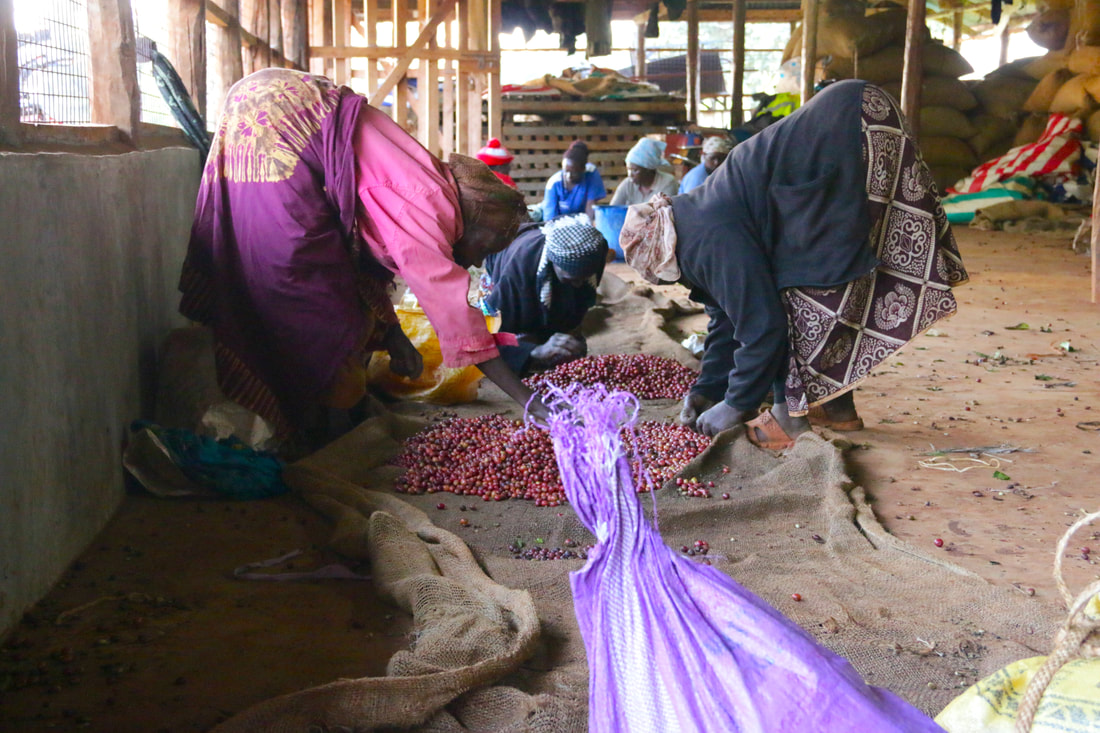
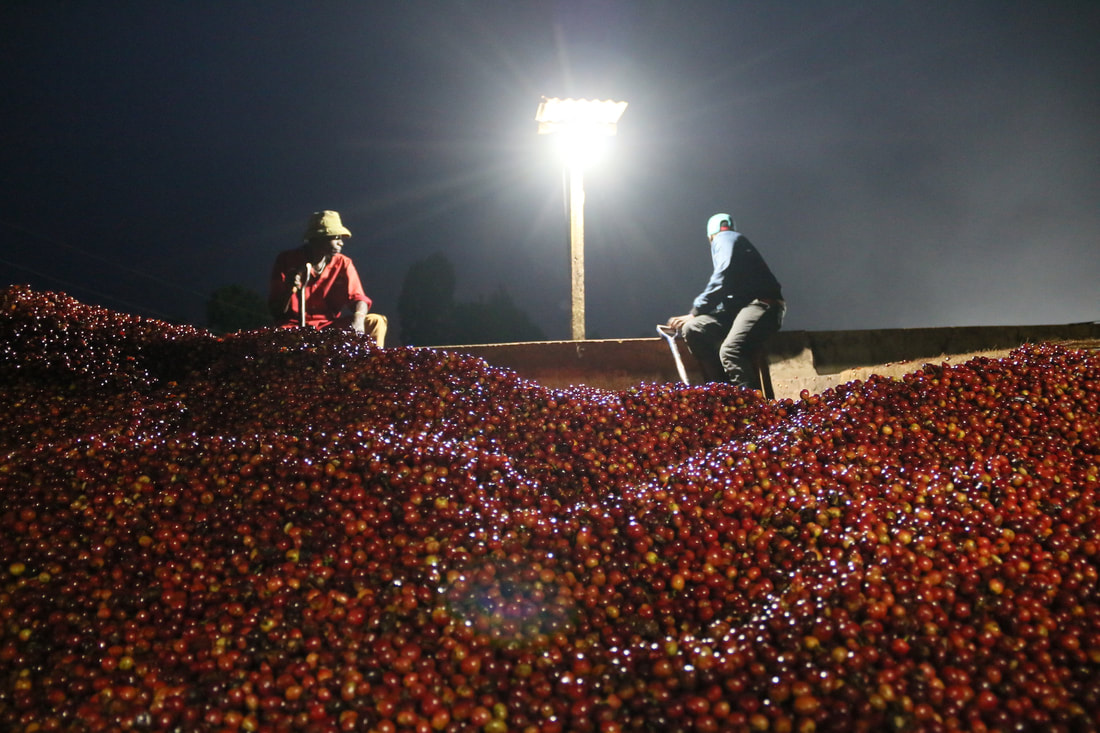
 RSS Feed
RSS Feed